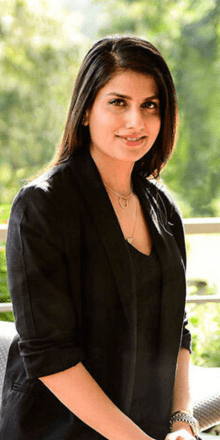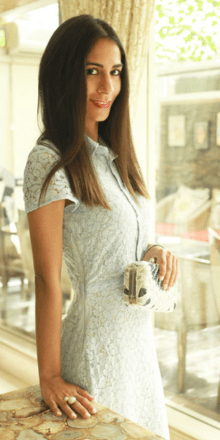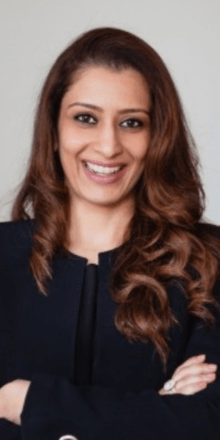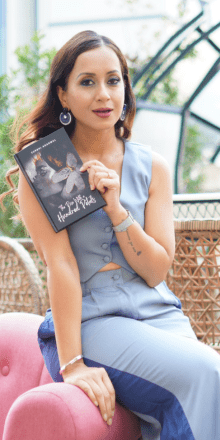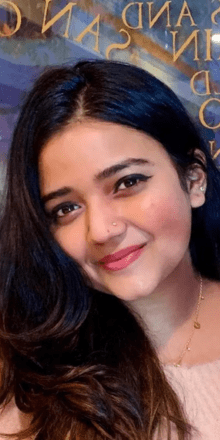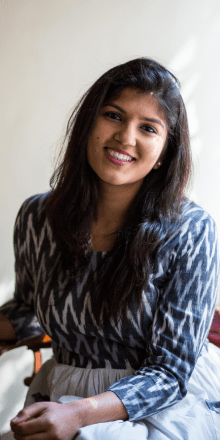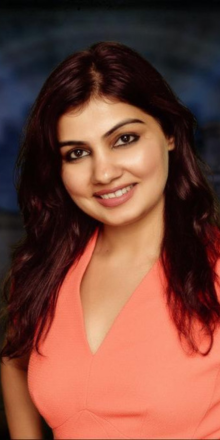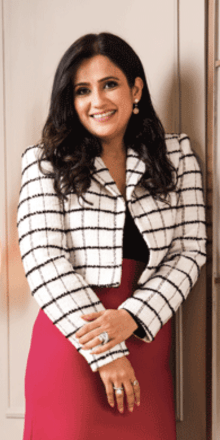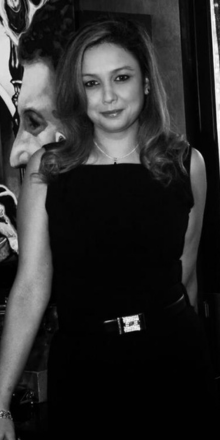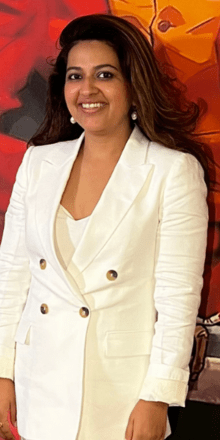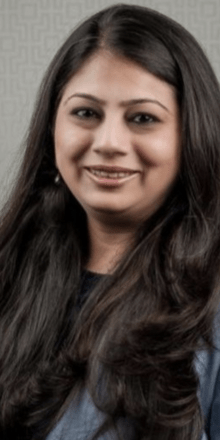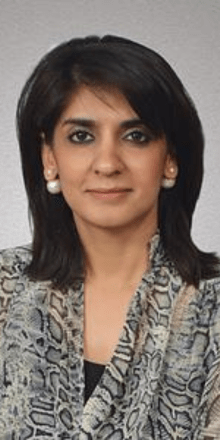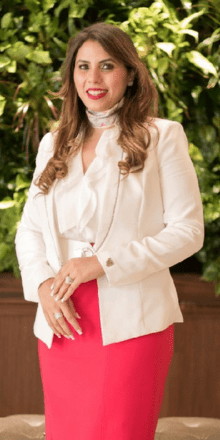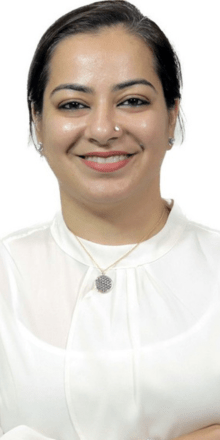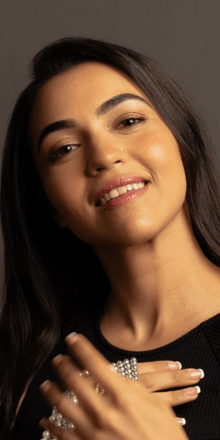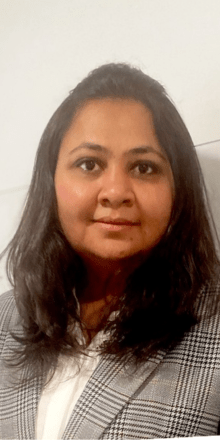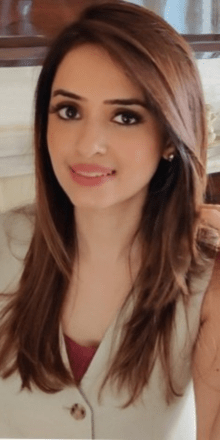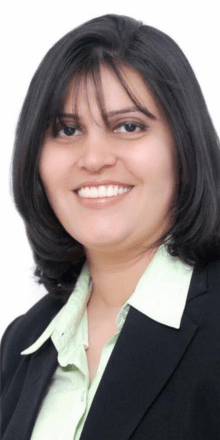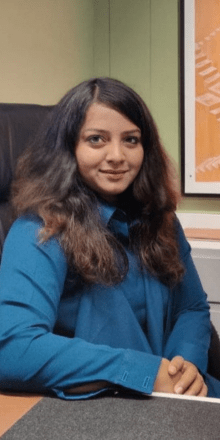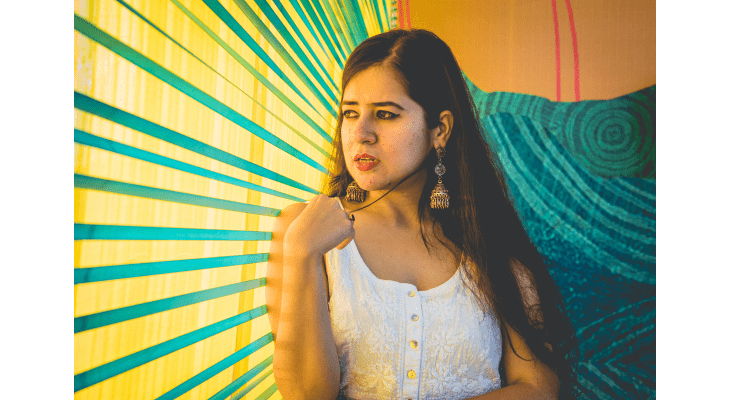
In conversation with Vibha Saraf as she scales the music charts making her a name to reckon with.
Singer, songwriter and poetess, Vibha Saraf is all this and more. You’ve probably heard her haunting rendition of a Kashmiri folk song in Raazi and been moved by the simple lyrics that carry a wealth of emotions in them. But what you don’t know is that Vibha never started out to be a singer or be involved in the music industry. “I’m Kashmiri—our families don’t specifically lay focus on ECAs (Extra Curricular Activities), we focus on academics. We only have engineers or doctors—there is no third community! I was very keen on engineering at the very beginning but it’s funny how life took me from that to arts to finance and now I’m here,” she laughs. But it’s not just ‘here’. Lets lay the accolades on the table. She gave her first performance at City Fort in Delhi at the age of eight, at nine she had sung for a telefilm on Kashmiri Poetess Habba Khatoon and this year saw her win Best Female Playback Singer at the Zee Cine Awards and has her nominated for the Filmfare Best Female Playback Singer as well. Her singing credits include the haunting melody of Dilbaro (Raazi), Roshay (Made in Heaven), Dil Mein Mars Hai (Mission Mangal) and the all-time favourite from the cult movie, Gully Boy, Kab Se Kab Tak.
The journey which she brushes over does not have a direct path, as Vibha moved from consulting to working with Ernst &Young, moving cities along the way to find a place and profession that she could set her heart on. It was while working in Delhi, a place she calls home since her family migrated from Kashmir, that she felt a pull while singing in the company band, which was primarily an HR led initiative. “I think I owe it to the circumstances I was in that propelled me to get out. It wasn’t just the passion for music… music was always there, in the family, in my genes, in me, and it still is,” she says. As the conversation moves to her family and how they supported her during this transition, Vibha mentions that she has sung many a jingle for ads and that’s how she also got to work on Raazi, no mean feat considering she has no connections in the film industry. An ad jingle got her noticed by Shankar Ehsaan
Loy, which led to her doing a song for them for a project. When Raazi came along, they asked her to collaborate on a song, which would be picturized on the wedding and bidai. “One day we were not able to come up with anything at all—it was not supposed to be very heavy because we were going to combine it with Hindi poetry and I started singing Dilbaro, a song my mom always sang at every wedding. It matched what they were looking for and they built on it—Gulzar Saab is such a prolific writer. It was not planned, whatever is in your subconscious, and it comes to the forefront. My mom had put it in my head through my growing up years.”
Dilbaro is essentially a Kashmiri folk song and her first single Harmokh Bartal is also about Kashmir, line these up and you notice that a lot of her songs have a touch of Kashmir in them. She’s not surprised when asked about this connection. “There are somethings you don’t have a role in, they are in you and you have to thank your stars that you are blessed enough to have what you have and I am blessed. It’s a function of your journey. I am a singer from the Valley and I’m using music to take away tags that are negative from Kashmir. It was never planned but things have sort of phased out in a way that it seems like a plan….” This connection was rekindled when her mother was posted in Kashmir for five years, allowing her to know what life was about there. “ You get the stories best when you go on the ground,” she points out. And we can’t wait to see how she translates these stories into melodies that linger on in your mind long after the music has stopped.
About Vibha Saraf:
A media student, a marketing consultant, a poetess, but above all this Vibha Saraf firmly identifies herself as a singer from the Valley. A Kashmiri by birth, her songs often carry a tinge of the folk music from Kashmir as she uses her music to dispel the negative tags that surround her home state, winning accolades along the way.


